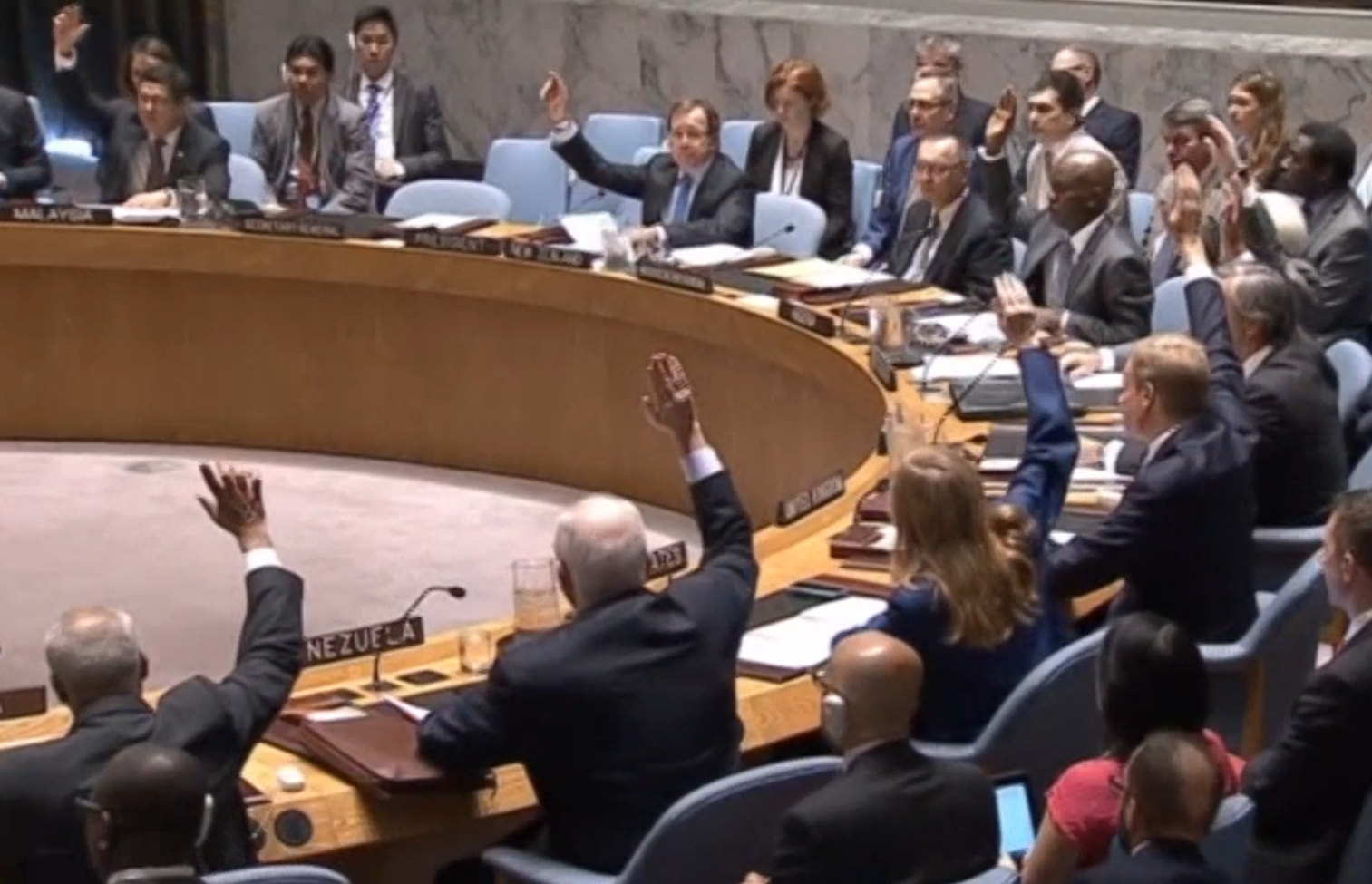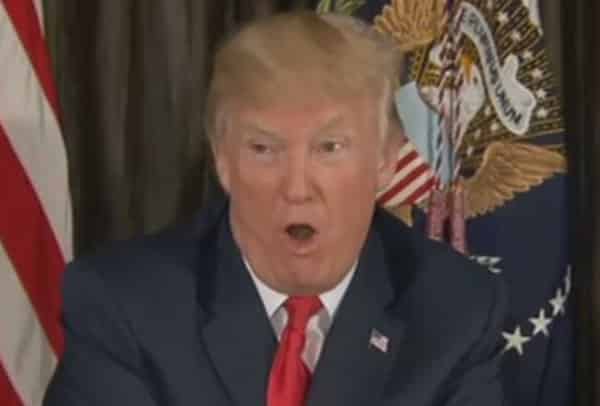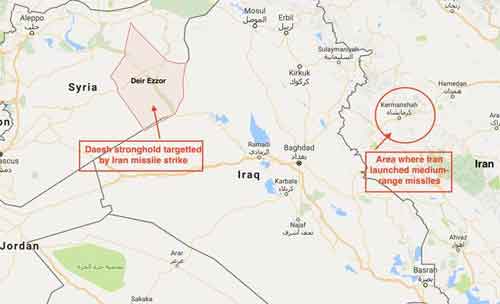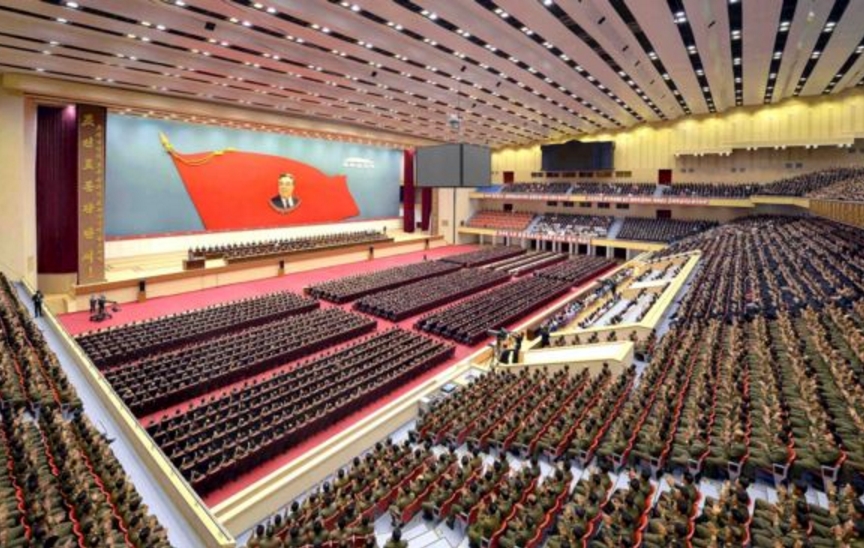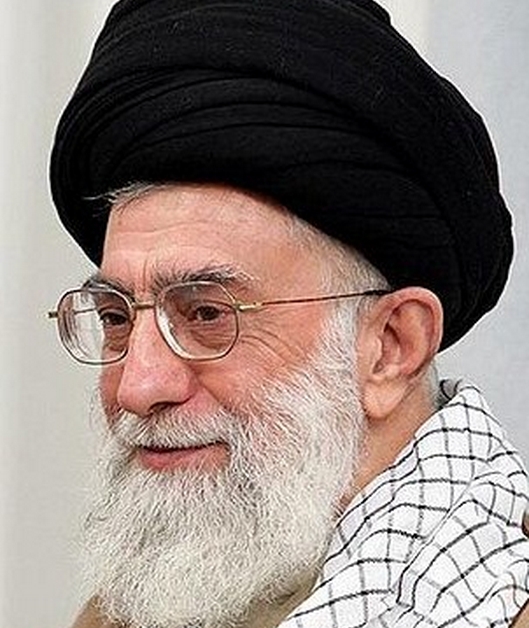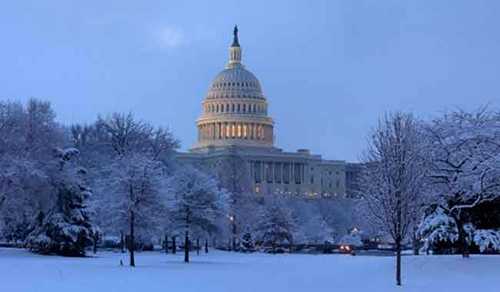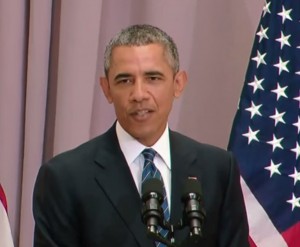
WASHINGTON—U.S. President Barack Obama is continuing to call on members of Congress to support the Iran nuclear deal, stressing that the U.S. could still take military action or reinstate sanctions against Tehran if it violates terms of the agreement.
“Should Iran seek to dash toward a nuclear weapon, all of the options available to the United States, including the military option, will remain available through the life of the deal and beyond,” Obama wrote in an August 19 letter addressed to Representative Jerrold Nadler, a New York Democrat.
The letter also says the U.S. is prepared to increase missile defense funding for Israel, which has strongly opposed the nuclear agreement between Iran and world powers.
Nadler on Friday endorsed the nuclear deal, saying that as an “American Jew who is both a Democrat and a strong supporter of Israel, the agreement “gives us the best chance of stopping Iran from developing a nuclear weapon.”
Obama’s letter was sent on the same week that a second prominent Senate Democrat, Robert Menendez of New Jersey, said he would oppose the nuclear deal when it comes up for a vote in Congress next month. Republicans have already vowed to block it.
2 Democrats oppose deal
“If Iran is to acquire a nuclear bomb, it will not have my name on it,” Menendez said. “I will vote to disapprove the agreement and, if called upon, would vote to override a [presidential] veto,” he said.
Menendez urged the Obama administration to go back to the negotiating table to rework the main elements, something the Obama administration says would be impossible.
Last month, New York Senator Chuck Schumer, the third-highest ranking Democrat, said he will vote against the nuclear deal and will try to persuade other senators to follow him.
Obama has promised a veto if the House and Senate vote against the nuclear deal next month. It is unclear if Congress has enough votes to override the veto.
The agreement reached between Iran and five major world powers — Britain, China, France, Germany, and Russia — requires Iran to scale back its uranium enrichment to keep it from building a bomb, and open its military sites to international inspectors to ensure compliance. In exchange, the six powers would ease sanctions that have wrecked the Iranian economy.
Reported side deal
Earlier this week, the Associated Press reported that a draft of a side agreement between the U.N atomic watchdog and Tehran will allow Iran to use its own inspectors to investigate the secretive Parchin nuclear site.
The AP says the side agreement, known as “Separate Arrangement II,” diverges from normal procedures by allowing Iran to use its own experts and equipment in the search for evidence of activities it has consistently denied, trying to develop nuclear weapons, while under observation by International Atomic Energy agency staff.
The head of the IAEA Yukiya Amano downplayed the report.
“Such statements misrepresent the way in which we will undertake this important verification work,” he said.
While noting he is limited in what he can reveal about the confidential deal, Amano insisted the final version of the arrangement is “technically sound and consistent with our long-established practices.”
The U.S. State Department says the IAEA has “in no way” given Iran responsibility for nuclear inspections.
[content id=”18641″]

